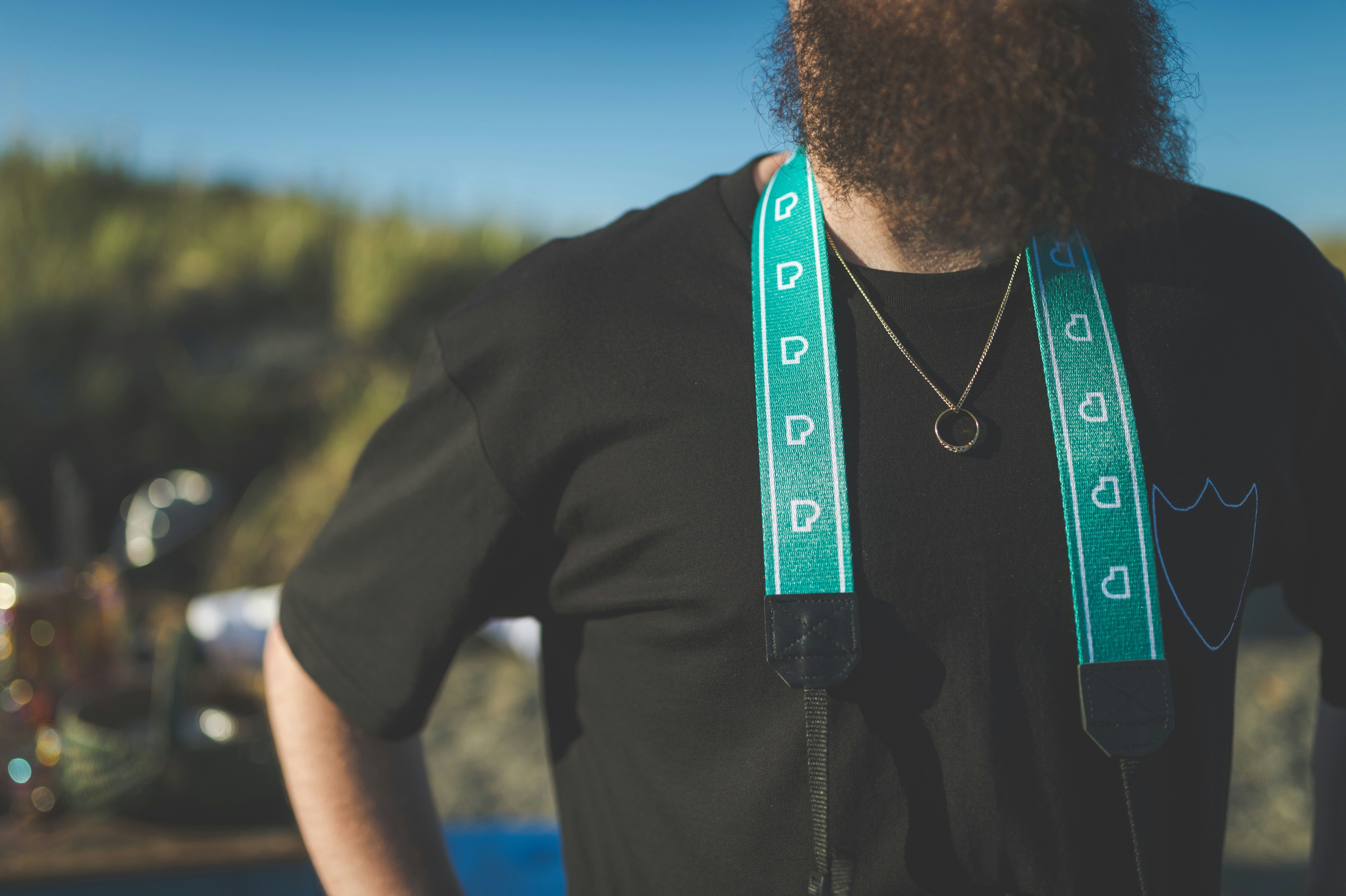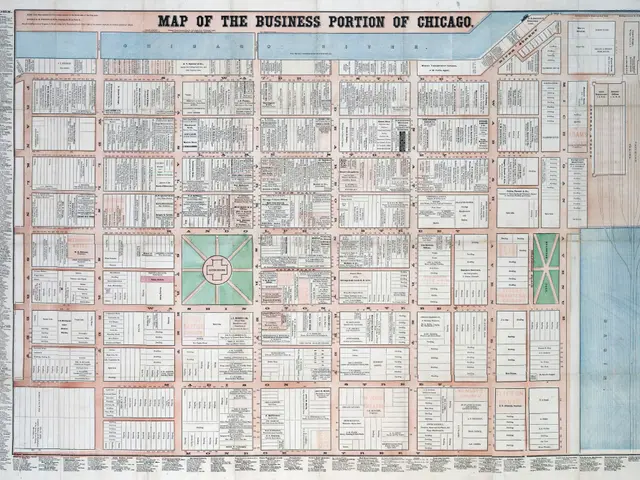North Carolina Legislature Faces Disagreement over Tax Rate for Sports Betting
North Carolina Lawmakers Propose Divergent Sports Betting Tax Rates in Budget Discussion
In a significant budget development, the North Carolina House of Representatives has introduced a fiscal year budget, which includes a call for the state's sports betting tax rate to remain unchanged at 18%. This stance contrasts with the North Carolina Senate's proposed increase to 36%.
Yesterday, the House unveiled their two-year budget plan worth $66 billion. Contrary to the Senate's suggested increase to the sports betting tax rate, the House budget proposal does not advocate for a change in the current tax rate.
The Senate introduced a budget earlier in April, which includes an increase to the state's sports betting tax rate by 100%. If approved, the new tax rate would be 36% of gross wagering revenue for sports betting operators, compared to the existing rate of 18%.
Both budget proposals are unlikely to receive unanimous approval, and a conference committee might be required to reconcile their differences.
The House budget proposal also includes amendments to the distribution of sports betting revenue. Under the new rules, the University of North Carolina and North Carolina State would be eligible for funding from the sports betting revenue pool. Currently, only 13 other UNC schools participating in NCAA sports receive funding.
The House's proposed changes to the sports betting revenue allocations are as follows:
- $300,000 to each public university where the majority of athletic teams compete in DII
- $1 million to each public university competing in DI and the men's football programs do not compete in the DI Football subdivision
- $3 million annually to the North Carolina Youth Outdoor Engagement Commission for grants
- $10 million annually to the North Carolina Major Events, Games, and Attractions Fund
The remaining sports betting revenues will be divided among public universities to support collegiate athletic departments. The new allocation structure includes:
- 20% to be distributed equally among public universities
- 50% annually to be distributed to public universities in which the men's football programs compete in the DI football subdivision of the NCAA
- The remaining funding will be deposited into the general fund
So far, the Senate budget proposal has yet to relinquish its stance on the proposed increase to the sports betting tax rate. If implemented, North Carolina would have one of the highest sports betting tax rates in the country, ranking alongside New York, New Hampshire, Rhode Island, and Delaware, which feature tax rates of 51%, 50%, 40%, and 36%, respectively.
Although not directly detailed in the search results, the choice of tax rate could significantly influence the market dynamics and the state's fiscal benefits. A lower tax rate, such as the likely approach of the House, might encourage more sportsbook operators to enter or expand in the market, fostering competition and potentially driving market growth. On the other hand, a higher tax rate might increase state revenue but could discourage operator expansion and affect market competitiveness.
In its first 13 months of operation, North Carolina has reported $751,975,244 in gross sports betting revenue, resulting in more than $135.35 million in total sports betting tax revenue for the state. The impact of a potential increase in the tax rate on revenue is yet to be determined; however, if the rate increases to 36%, the state would have taken in more than $270.7 million in sports betting tax revenue during the same time period.
In contrast to the Senate's proposed increase in the sports betting tax rate, the House budget proposal, as outlined in their $66 billion two-year plan, does not advocate for a change from the current rate of 18%. The House's proposed changes to the sports betting revenue allocations involve distributions to public universities, with UNC and NC State becoming eligible for funding from the sports betting revenue pool, unlike the current 13 other UNC schools participating in NCAA sports. The choice of tax rate could significantly impact market dynamics and the state's fiscal benefits, as a lower tax rate may encourage more sportsbook operators to enter or expand in the market, fostering competition, while a higher tax rate might increase state revenue but could discourage operator expansion and affect market competitiveness. The Senate, thus far, has yet to relinquish its stance on the proposed increase to the sports betting tax rate.








